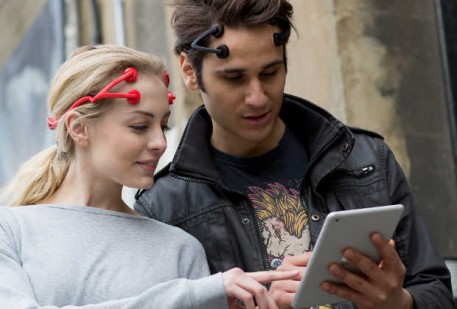This article highlights a recent report published by the Petrie-Flom Center for Health Law Policy, Biotechnology, and Bioethics at Harvard Law School, entitled, “Protecting and Promoting the Health of NFL Players: Legal and Ethical Analysis and Recommendations”.
By Rick Maese | The Washington Post | November 17, 2016
A new report from Harvard University proposes drastic changes in the way health care is administered in the NFL, urging the nation’s most popular sports league to upend its system of medicine and untangle the loyalties of the doctors and trainers charged with treating players.
Asserting that the long-standing current structure has inherent conflicts of interest, the 493-page report outlines a new system in which a team’s medical staff is devoted solely to players’ interests and no longer reports to team management or coaches.
“The intersection of club doctors’ dual obligations creates significant legal and ethical quandaries that can threaten player health,” the report states. Continue reading »




